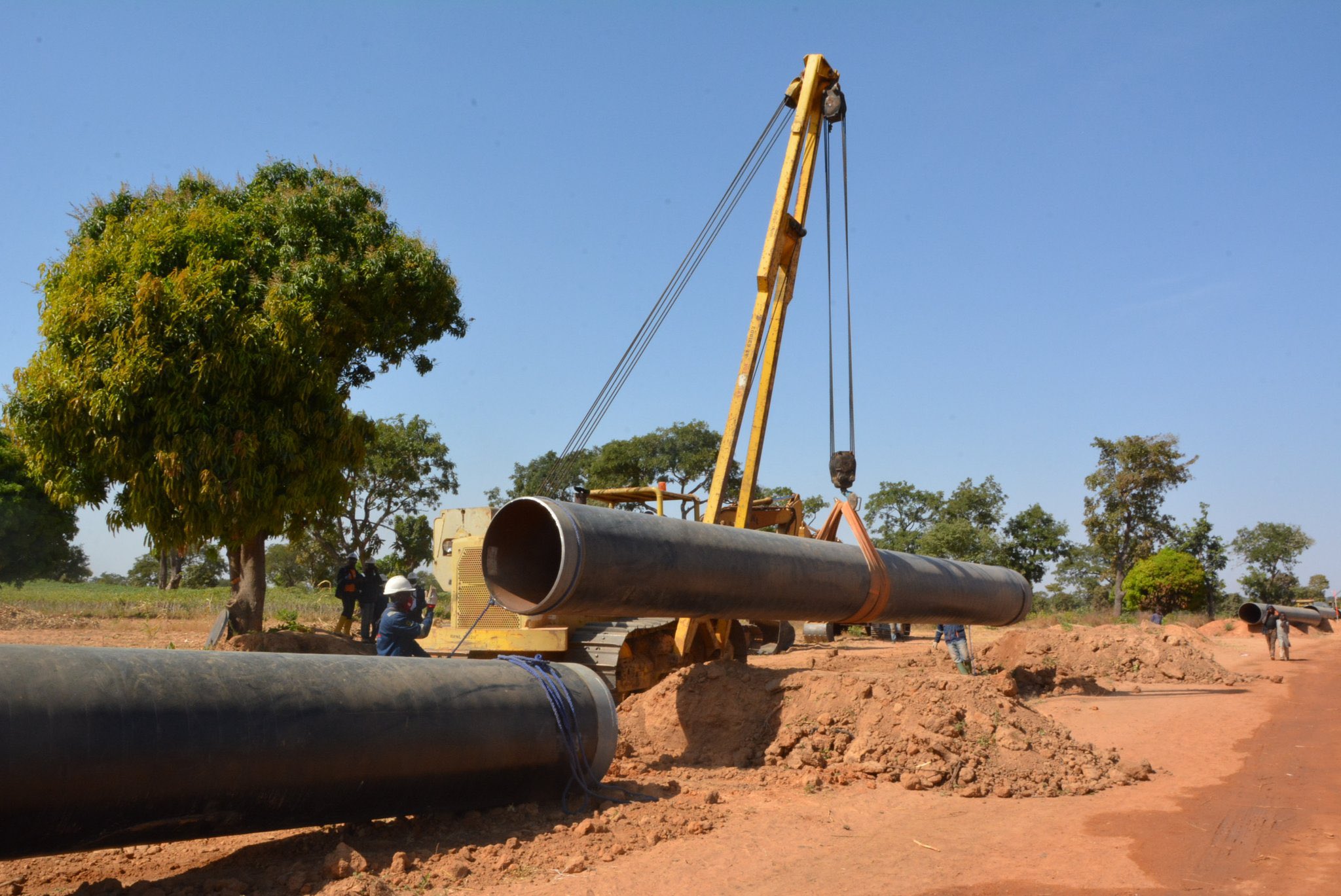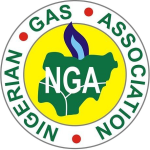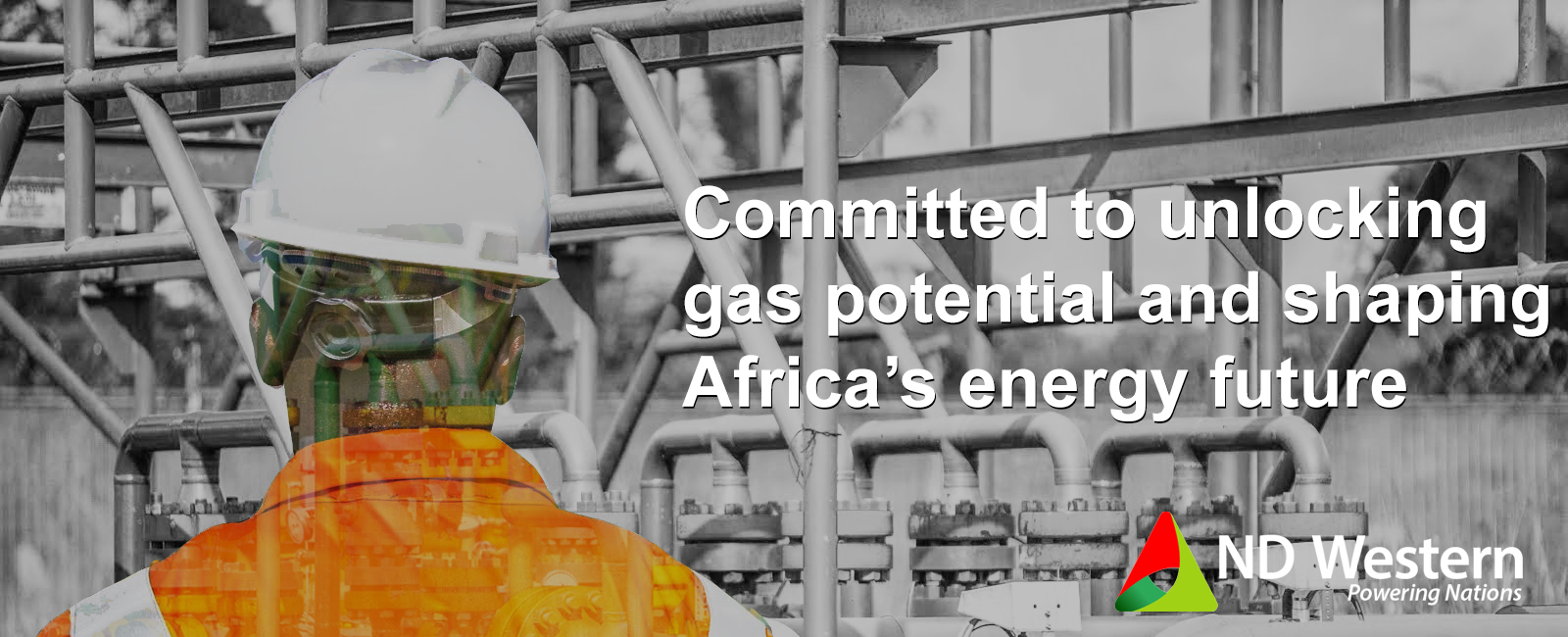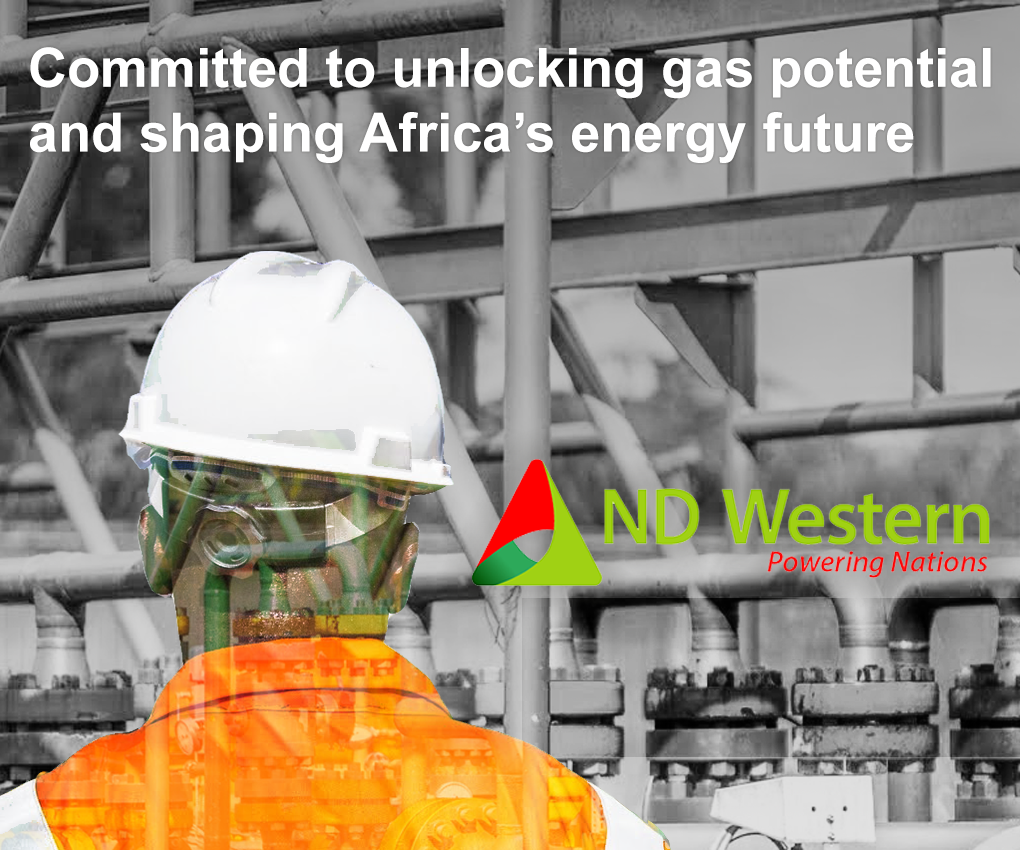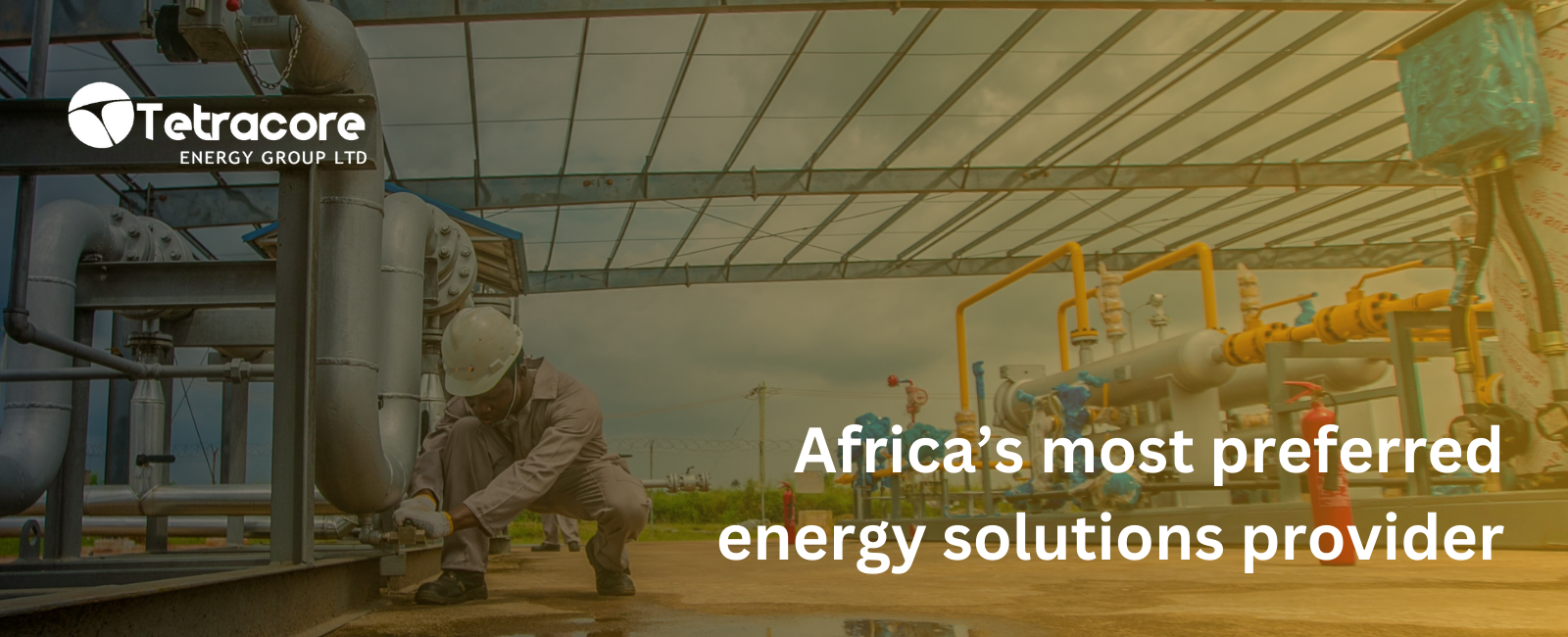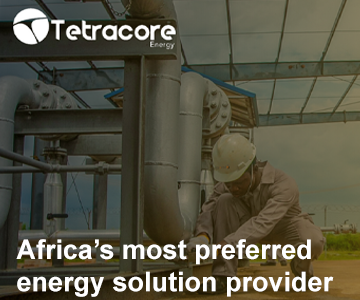Nigeria has chosen gas as its key transition fuel and named the 2020- 2030 period as “Decade of Gas” in a bid to monetize its 208 Tcf of gas reserves to drive industrialization, create jobs, and generate revenue. However, gas production continues to stagnate and most gas produced in the country is still reserved for exports, flared or re-injected.
The new administration of President Bola A. Tinubu is on a mission to change that and is implementing several reforms to grow gas production and consumption. Following the signing of the Electricity Act in 2023 and the removal of gasoline subsidies, Nigeria now offers a level playing field for any stakeholder willing to invest in the gas value-chain, with significant opportunities from upstream to downstream gas.
Recent policy interventions and private sector investment are domesticating compressed natural gas (CNG) and liquefied natural gas (LNG) while supporting the expansion of virtual pipelines networks. In 2023, President Bola A. Tinubu notably launched the Presidential CNG Initiative to grow CNG infrastructure and consumption after the removal of gasoline subsidies.
By working with Nigerian public and private sector partners, Hawilti brings you the latest on Nigeria’s growing gas market and helps you understand the dynamics and opportunities offered for investments, partnerships and deals in Nigeria.

New policy directions are providing a unique momentum to monetise Nigeria’s vast gas reserves and support the country’s development agenda.

Akachukwu Nwokedi
President
Nigerian Gas Association
Nigeria is a predominantly gas province that holds 208 Tcf of proven gas reserves, the world’s eight largest. Recent PSC renewals in deep-water could pave the way for additional gas exploration offshore, but most future exploration is still likely to come from established indigenous players and new local marginal field operators both onshore and in shallow water.
Despite proven potential, gas production peaked in 2020 and output has been stagnating since due to a combination of factors such as
- Unavailability of midstream oil evacuation infrastructure onshore, which directly affects associated gas production;
- Divestment by international oil companies (IOCs) from gas-rich onshore and shallow- water blocks, which limits investments until transactions are completed;
- Illiquidity of the power sector value-chain, which remains the biggest off-taker of domestic gas.
The Industry Calls For
- 1The adoption of marked-based pricing for gas and electricity,
- 2The revision of the Gas Master Plan (NGMP),
- 3The promotion of domestic gas development projects,
- 4The rethinking of project financing and structuring to unlock capital,
- 5The creation of a stable, investor-friendly regulatory framework, including via a fiscal
regime for gas to incentivize deepwater gas production.
Because the domestic gas market currently does not support the necessary economies of scale, investments in Nigerian gas infrastructure are seldom bankable. As a result, little confidence exist in the strength of Nigeria’s domestic value-chain and the country’s midstream gas infrastructure remains inadequate. However, a new regulator and pricing regime could bring about much needed change in the sector.
In 2021, the Petroleum Industry Act (PIA) led to the creation of the Nigerian Midstream and Downstream Petroleum Regulatory Authority (NMDPRA). The NMDPRA encompasses a merger of three defunct regulatory agencies: the Petroleum Products Pricing Regulatory Agency (PPPRA), the Petroleum Equalization Fund {Management} Board (PEFMB), and the Midstream and Downstream Divisions of the Department of Petroleum Resources (DPR). It is now the entity responsible for the regulation of the midstream and downstream petroleum operations in Nigeria.
The PIA also provides for the establishment of the Midstream and Downstream Gas Infrastructure Fund. The vehicle is expected to receive capital from the 0.5% levy on the wholesale price of petroleum products and natural gas sold in Nigeria, and funds and grants from multilateral agencies, bilateral institutions and interested parties. Its main purpose is to make equity investments into the Federal Government’s participating or shareholder interests in midstream and downstream gas operations, with a view to improving private investment and increasing the domestic consumption of gas.
Several midstream gas projects are currently under-construction and nearing completion in Nigeria, including the Obiafu-Obrikom-Oben (OB3) Gas Pipeline scheduled for completion in December 2023, the 614km Ajaokuta–Kaduna–Kano (AKK) Gas Pipeline scheduled for completion in August 2024, and the 300 MMscf/d ANOH Gas Plant to be commissioned in 2024.
Meanwhile, lack of infrastructure and scattered demand centers have the supported the growth of several virtual pipeline networks that currently transport CNG and LNG to industries across the country. The recent completion of the Nigerian Gas Flare Commercialisation Programme (NGFCP) is expected to make more associated gas available to the market and encourage the development of small-scale LNG, CNG, and LPG facilities.

Nigeria needs to make gas available to all its States capital cities.

Eberechukwu Oji
CEO
ND Western Ltd
While Nigeria works to ensure that its gas benefit its local economy, it continues to tap into the lucrative export market to generate much-needed dollar earnings. The country houses a six- train, 22 million tonnes per annum (mtpa) LNG export terminal on Bonny Island, where a seventh train is under-construction. By the end of the decade, Nigeria LNG should reach a capacity of 30 mtpa, maintaining the country’s position as one of the world’s biggest LNG exporters.
Several additional export facilities are currently being planned, including the UTM FLNG unit, a 1.2 mtpa floating LNG unit planned on OML 104, and the 3.4 mtpa Padah onshore LNG terminal. In August 2023, Golar LNG also signed a Heads of Terms with Nigeria’s state-owned NNPC Ltd and revealed it was currently discussing and developing four floating LNG and gas projects in the country.
Meanwhile, and as Europe seeks new suppliers of gas to replace imports from Russia, Nigeria is frequently referenced as a key partner with an ability to help the Old Continent meet its shortage of gas. In response, several export projects conceived decades ago have recently been put back on the table, including multi-billion dollars pipelines that would carry gas from the Niger Delta all the way to Europe via the West African coast (offshore) and via Niger and Algeria (onshore).
DOWNLOAD REPORTS
Nigeria Gas 2022
Hawilti Ltd in association with the Nigerian Gas Association – October 2022
White Paper: The role of carbon credits in the financing and development of Nigeria’s gas market
Hawilti Ltd in association with dmg Events – July 2022
Nigeria Gas Coverage initiation
Hawilti Ltd in association with the Nigerian Gas Association – April 2022
IN THE NEWS
Nigeria’s gas sector in the balance between growing domestic demand and lucrative export market
30 November 2022 – Energy Connects
Analysis: Renewables shift lays bare Africa’s energy dilemma
19 October 2022 – Reuters
Nigeria’s Bridport aims to trigger quantum leap in gas use as diesel costs soar
11 August 2022 – The Africa Report
EVENTS
Hawilti participates and supports the following events:
12th Practical Nigerian Content Forum (PNC)
4-7 December 2023, NCDMB Headquarters, Yenagoa, Bayelsa, Nigeria
Nigeria International Energy Summit
26 February – 1 March 2024, State House & ICC, Abuja, Nigeria

